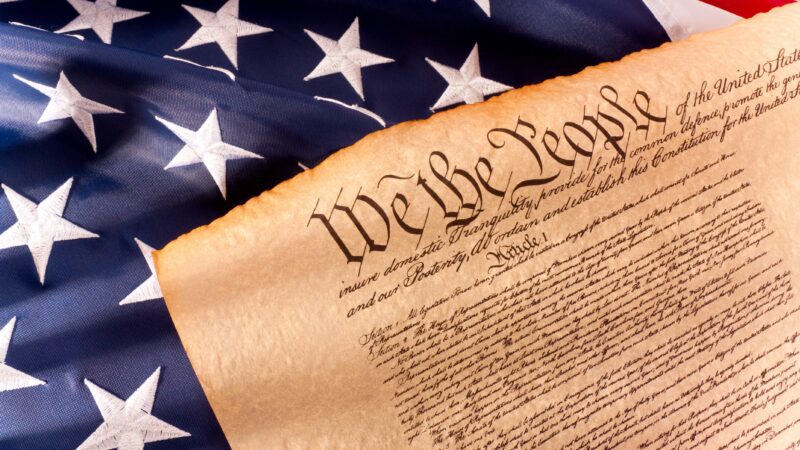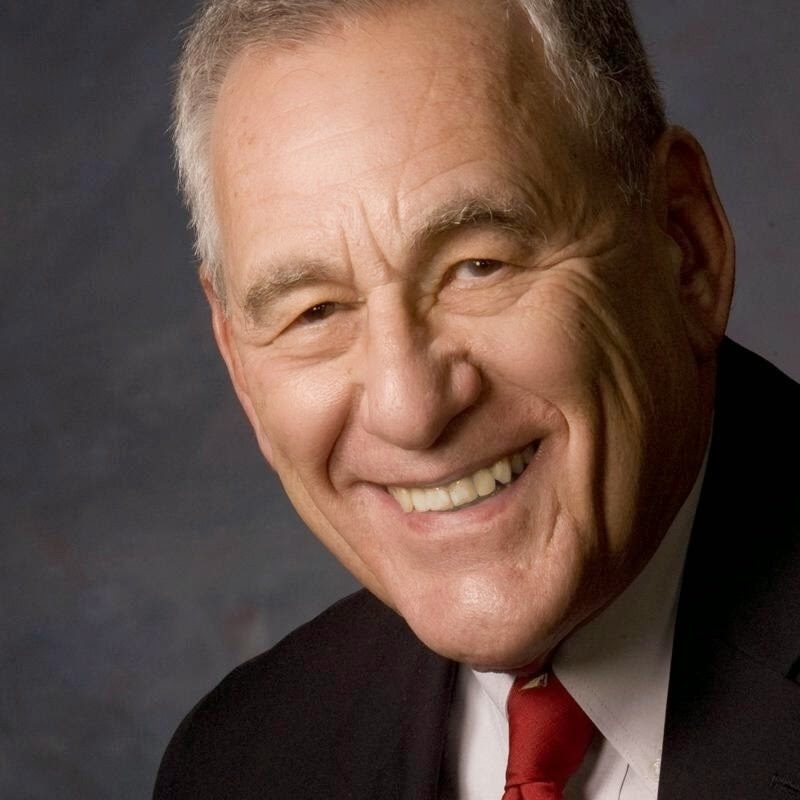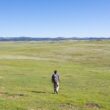Do these two issues have anything in common?
Donald Trump wants a court to order Twitter to lift its ban on his tweeting.
Maine voters will decide next month on Question 3, a constitutional amendment on food independence.
Both issues focus on individual rights, the basis of Americans’ freedoms. And they both get it wrong.
As president, Trump used Twitter, a private social media site, to announce public policy. He tried to block critics from responding to his tweets. A federal court overruled him, saying he used the site for public purposes so people must have free access to comment on it.
Now Trump has flipped the argument. After his backing of the Jan. 6 insurrection, Twitter dropped him. He has gone to court, claiming the site is violating his free speech rights. He seems sure to lose.
Meanwhile, the advocates of Maine’s Question 3 say they want to add to the state Constitution a confirmation of the “natural” right of people to grow their own food. Such a confirmation is no more necessary than the right to brush your teeth, so it raises the question whether stating the obvious may have a less obvious purpose.
These two cases illustrate three common misconceptions about individual rights.
First, the Bill of Rights applies only to the federal government and, in most cases, the states. It deals with the relationship between government and people, not conflicts between people. Freedom of speech does not apply to Trump v. Twitter.
Second, individual rights are not limited to those listed in federal or state constitutions. All people have natural rights. The Declaration of Independence states that all people “are endowed by their Creator with certain unalienable Rights.”
In other words, individual rights are part of the human package. Not all are mentioned in the Bill of Rights, only those clearly protected from the government. The Ninth Amendment says: “The enumeration of rights in the Constitution, of certain rights, shall not be construed to deny or disparage others retained by the people.” No need to add “right to food.”
Third, no right is absolute. The rights of each person go only so far as they do not harm the rights of others. The famous rule is that freedom of speech does not extend to falsely yelling “fire!” in a crowded theater.
This third misconception is being tested now.
The government cannot prevent new religions from forming. Suppose a person creates one for the purpose of asserting that their religion does not allow the COVID-19 vaccination. Can that right be limited if a non-vaccinated person can spread the illness to others, who may fall ill or die?
What about protecting others?
Perhaps the most difficult role of the courts is to determine if a limit on an individual right is acceptable because that condition protects the rights of others.
In its decision on guns, the Supreme Court said the Second Amendment assured people’s right to keep and use firearms for their own purposes, but the government could impose some limits. Yet some gun control opponents maintain the right is absolute and cannot be subject to conditions.
The government may pass laws on rights beyond those listed. It may impose safety and purity standards on food to prevent disease. For many issues, private parties need to work out among themselves the degree to which they will respect rights that the constitution makes the government respect.
And as Trump is discovering, rights must be the same for everybody. Nobody is more equal than everybody else.
What’s wrong with enshrining the natural right to food in the Maine Constitution? Won’t it amount to nothing more than possibly reducing the sale of canned peas?
Maybe, but the food independence movement may hide a broader agenda behind this proposal, which it seeks to have adopted worldwide. If it is considered absolute, it could reduce government regulation of food safety. Cutting food regulation is similar to opposing gun regulation.
“We carry concealed weapons because we don’t trust others with our protection, and believe our security is primarily our responsibility,” writes one advocate. “Why do we not apply the same principles to one of the most important aspects of our life — food?”
In other words, behind what seems to be harmlessly obvious may be an entering wedge to reduce government efforts to protect society. It is likely a sign of the growing emphasis on stressing individual freedom above the community interest.
Like much of the discussion about freedom, the cornerstone of the American democratic system, much of what is said about Trump’s right to free speech, fighting the coronavirus or even the right to use a firearm or grow your own food, is intentionally misleading.
Protecting personal freedom may require reading the fine print.




